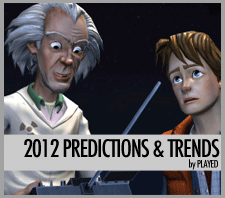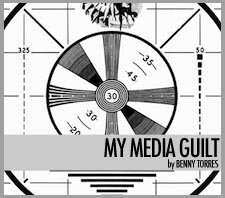Twitter and pro sports have had a tumultuous love affair. On one hand, . On the other hand, Larry Johnson.
At one point in 2009, it looked like Twitter and professional sports would never get along. Teams and media properties were .
Thankfully, we’re to a point now where enough . Teams are able to give players social media training. They have gone from blanket banning to friendly warning if a player gets a little liberal with their tweets. The change has been great for fans as we can get news and insider views like no other generation of sports fan before us.
Tonight will hopefully be the next step in the evolution of how we view sports.
Major League Baseball has empowered players at tonight’s Home Run Derby to tweet their brains out during the event (but just this event). They will aggregate the content on MLB.com as well as other social channels or you can follow your favorite player who will be tweeting.
While the idea of players tweeting could never work during games (due to media commitments and you shouldn’t tweet during your homerun trot, ), it raises a question: Why not have someone doing this for every team for every game?
Players can’t do it, but a team employee can. Someone integrated with the team, on the bench, in the dugout, on the sideline with enough savvy to know what to tweet and what not to tweet that he/she overhears or sees. And honestly, if a player is injured or not playing that night, what reason is there not to let them tweet?
Twitter offers an opportunity that television and radio can’t replicate by allowing a series of Twitter handles that can each have a unique voice. A TV broadcast has to appeal to as many people as possible. Therefore, oftentimes you won’t get real in-depth analysis and only hear what teams are willing to tell a sideline reporter.
With Twitter, a team could create accounts that provide that instant analysis that TV executives think would alienate the casual fan (side note: I disagree with this philosophy. Your audience will be as smart as you empower them to be). They could explain why a pitcher is laying off his cutter that particular day. Or why the two tight end set is killing a defense. Or why a team that tends to rely on the three pointer is suddenly driving to the hoop.
It seems like a natural progression of where analysis and sports coverage is heading. Sportswriters and fans are starting to provide analysis during games. Better for teams to get in front of the trend and potentially create a property they can monetize along with their broadcast streams.
Watching the games is why we follow the athletes or executives. It’s like the opening credits to a movie. Following them tells us who or what we expect to see. But without the film (or game), then we just looked at a bunch of words. Yet the crux of their business, the games, is the one place that is going untouched. Here’s hoping that soon after tonight’s Tater Contest, that stops being the case.
Leave a Comment
·



